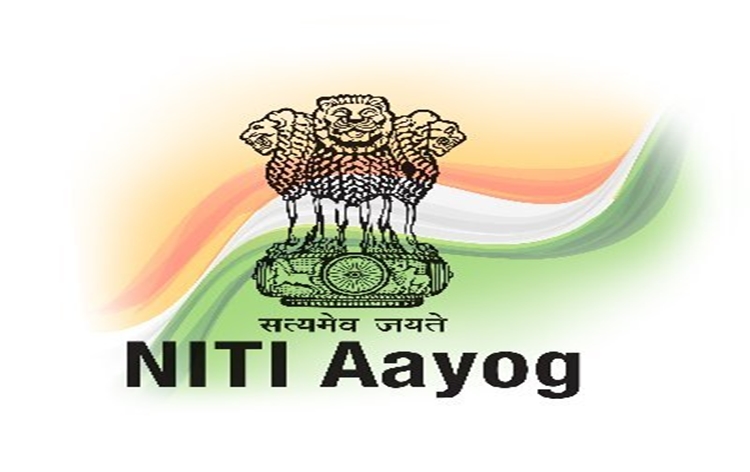
NITI Aayog raises cost concerns on PLI Scheme for shipping containers
NEW DELHI : A proposed Production Linked Incentive (PLI) Scheme aimed at boosting the domestic manufacturing of shipping containers is in limbo after India’s federal think tank, Niti Aayog, raised concerns over high costs.
The shipping ministry, however, has countered by emphasising the need for incentives to bring down domestic production costs and make India self-reliant in container manufacturing.
India’s container production costs currently stand significantly higher than global standards. The cost of manufacturing a 40-foot dry container in India ranges between Rs 3.5 to Rs 4 lakh, compared to Rs 1.5 to Rs 2 lakh in China, a nation that dominates global container manufacturing with a 90-95 per cent market share.
Niti Aayog has suggested that Indian container production costs should not exceed 15-20 per cent above global rates, ideally capping them at Rs 2.4 lakh per container.
“If the cost difference remains substantial, it may be more cost-effective to import containers rather than produce them domestically,” said a source familiar with Niti Aayog’s discussions with the Ministry of Ports, Shipping, and Waterways (MoPSW). The think tank has asked the shipping ministry to justify the necessity of the PLI scheme under these conditions.
In response, the shipping ministry has argued that scaling up manufacturing would ultimately drive down costs, pointing to the need for incentives to create a robust manufacturing ecosystem.
“Costs will fall once manufacturing reaches a necessary scale,” said T.K. Ramachandran, Secretary of MoPSW.
The government has been developing this PLI scheme to reduce dependence on imported containers, especially from China, and address periodic shortages, as seen during the Russia-Ukraine war.
India’s growing trade volumes also create a steady demand for containers, with the country needing about 350,000 containers annually.
State-run Container Corporation of India (Concor) alone is projected to require 50,000-60,000 containers over the next three years.
While container shortages have eased, the shipping ministry is pushing for a Rs 25,000 crore Maritime Development Fund to assist manufacturers.
However, Niti Aayog’s apprehensions, coupled with global trends and cost disparities, have prompted a reevaluation of the scheme, which was initially proposed with a budget of Rs 11,000 crore.
Experts argue that addressing raw material costs is key to making Indian container production globally competitive. “Unless raw material prices are reduced, container manufacturing costs will remain high,” said S. Ramakrishna, an industry veteran, echoing calls for government support to level the playing field.
Source : KNN
